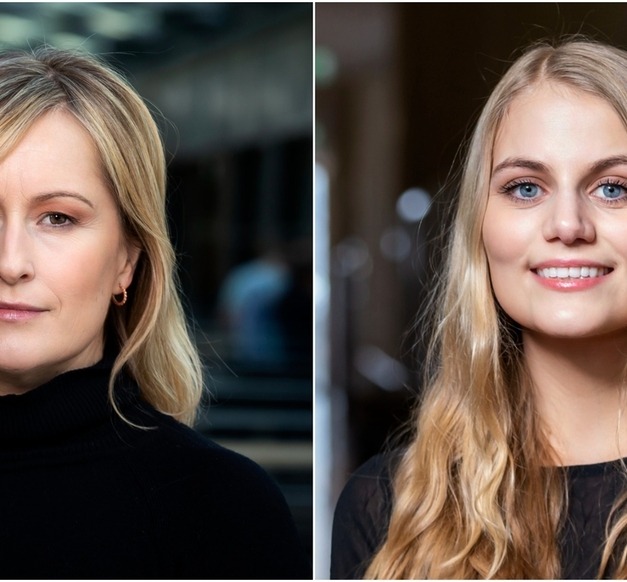
Findings from the extensive SAGA Cohort study show that multiple adverse childhood experiences are strongly associated with mental health problems and lower coping ability in adult women. These findings were published today in the international scientific journal eLife.
The SAGA Cohort is a research project at the University of Iceland, one of the largest of its kind in the world. In 2018-19, around 32,000 women living in Iceland participated in the study, or 30% of working-age women in Iceland. The women answered a comprehensive online questionnaire covering a wide range of mental and physical health assessments as well as information on trauma history.
The study published today focused on adverse childhood experiences (ACEs), including emotional and physical neglect, sexual abuse, bullying, domestic violence, living with a household member that is mentally ill or abuses drugs and/or alcohol, and death of a parent. The findings indicate that almost 50% of women have been exposed to more than one ACE and around 10% have been exposed to five or more ACEs. The researchers found that the more ACEs women had been exposed to, the more likely they were as adults to have reduced coping ability (resilience) and experience symptoms of psychiatric disorders such as PTSD, depression, anxiety, sleep disturbances and binge drinking. The ACEs most strongly associated with adverse psychological symptoms and lower resilience in adulthood were emotional neglect, sexual abuse, bullying, and mental illness in the household.
"This shows what a significant impact adverse childhood experiences can have on women's long-term health and how important it is to prevent these adverse events and support children who are affected," explain Hilda Björk Daníelsdóttir, PhD student and first author of this study, and Unnur Anna Valdimarsdóttir, professor and principal investigator of the SAGA Cohort.

The study also found that protective factors for mental health such as good social support and socioeconomic status had little or no impact on the link between ACEs and lower resilience and mental health symptoms in adulthood. "This shows what a significant impact adverse childhood experiences can have on women's long-term health and how important it is to prevent these adverse events and support children who are affected," explain Hilda Björk Daníelsdóttir, PhD student and first author of this study, and Unnur Anna Valdimarsdóttir, professor and principal investigator of the SAGA Cohort.
The eLife editor's evaluation states that the study makes an important contribution to raising awareness of adverse childhood experiences and their impact on resiliency. Further findings from a number of other projects based on the SAGA Cohort data will be published in the coming months.


